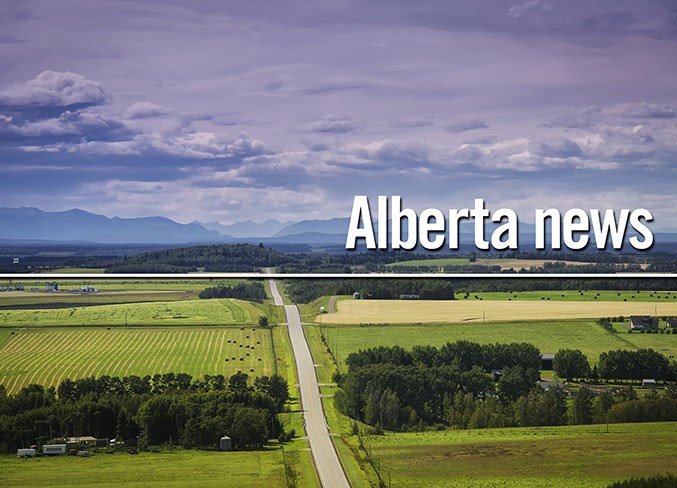The Town of High Level is still waiting to be reimbursed by the province for $2.6 million in recovery costs after the Chuckegg fire tore through the region in 2019 — a problem municipalities across Alberta are pushing to change.
High Level, with a population of 3,159 people, had to pay $10 million in expenses incurred during the response to the 2019 fire and in the course of protecting the community — costs that are supposed to reimbursed by the province.
“These are costs the town took on itself, but are actually the responsibility of the provincial government," said Bill Schnarr, communications co-ordinator for the Town of High Level. "We were asked to do this at the time because the Office of the Fire Commissioner, which normally pays the costs of emergency response, was going through some changes and the process for dealing with this issue changed.”
Alberta's disaster recovery program has repaid most of the money since the 2019 blaze, but the town still carries $2.6 million in debt from the fire. As time has passed, the town has had to pay $600,000 in interest payments and other fees to carry the debt.
“To our community, $2.6 million is huge,” said High Level Mayor Crystal McAteer.
“Especially [when added to] the opportunity costs of losing the $600,000 as well over the past two years, and the resource time that our administration [has spent].”
Earlier in 2021, in the provincial budget, Alberta announced municipalities must begin to shoulder some of the costs of natural disaster recovery. In the past they did not have to pay when a disaster struck.
Municipalities must now pay 10 per cent of the costs they incur when a natural disaster strikes.
But rural communities are pushing back, saying they don’t have the budgets to handle the costs of potential natural disasters in their communities.
In November, during the Rural Municipalities of Alberta fall conference, president Paul McLauchlin said the costs of natural disasters are too high for small communities to bear. The group is currently advocating for the province to shoulder more of those costs.
“We’re having increased disasters in rural Alberta,” McLauchlin said. “When we started talking about these large-scale disasters, very few municipalities would even have come close to the reserves to allocate to that 10 per cent.”
The president said communities are concerned that if a natural disaster hits, it will significantly impair the financial health of a community, even leading to insolvency.
“If it had a significant disaster, a massive flood or situation like you’re seeing in B.C., pushing that 10 per cent on the municipalities, we just don’t have the financial mechanisms for that,” McLauchlin said.
He said having to shoulder these costs could seriously affect the viability of smaller communities that may struggle just to cover the interest on such large debt.
Dan Williams, MLA for the Peace River region, said the issue was widespread in northern communities in the north after the Chuckegg fire in 2019.
“It doesn’t bring you any consolation to let you know that you are not alone,” Williams said at a High Level council meeting on Jan. 25 this year.
“Paddle Prairie and Mackenzie County have brought this up. Northern Lights [County] brought this up with the Battle Complex fire that happened just before Chuckegg."
Williams said he plans to raise the issue with the minister personally to see if the Emergency Management Agency can quickly address the problem.




